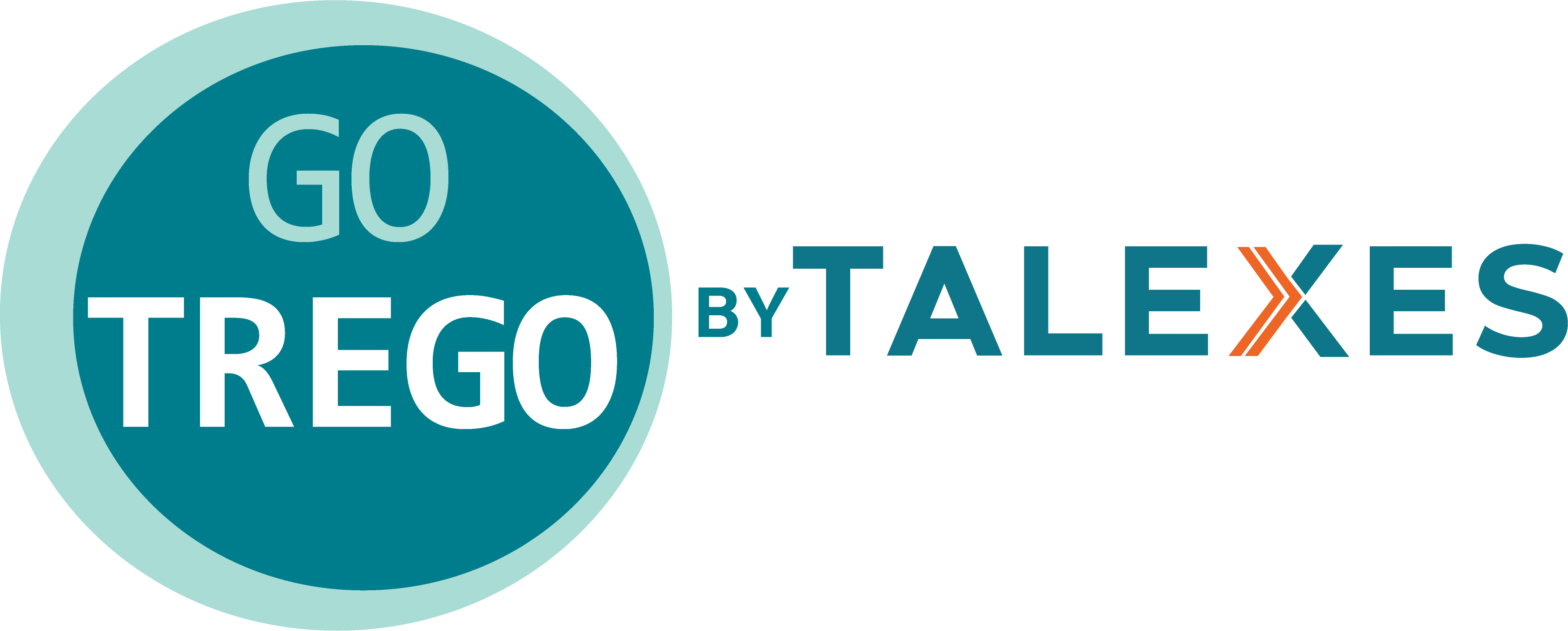The auto industry is evolving at breakneck speed—electrification, automation, digital retail, and shifting customer expectations are redefining what leadership looks like. In this high-stakes, high-change environment, companies can no longer afford to rely solely on traditional leadership models. Instead, executive coaching, powered by assessments and tied closely to employee development, has become a critical tool for preparing leaders to navigate uncertainty and drive sustained growth.
Here’s how executive coaching is fueling success across the auto sector in 2025—and why it’s a high-ROI investment worth making.
- Sharper Decision-Making in High-Pressure Environments
From managing inventory shortages to making fast-paced strategic calls, auto executives face intense daily decisions. Coaching enhances clarity, reduces cognitive bias, and supports confident, high-quality decision-making. When combined with assessment insights, leaders gain a clearer view of their decision styles and how they impact business outcomes—whether that’s in the C-suite or the showroom.
- Retaining Top Performers During Industry Shakeups
Turnover at the executive level is costly—especially in a competitive market like automotive. Coaching provides tailored support for high-potential leaders, helping them feel valued, empowered, and equipped for their next challenge. This boosts retention and protects the talent pipeline, reducing the disruption and expense of executive replacements.
- Performance Gains That Drive the Bottom Line
Coaching is not about correcting weak spots—it’s about maximizing strengths. For dealerships, manufacturers, and service networks alike, coaching helps leaders elevate everything from operational efficiency to customer experience. When assessment tools guide the process, coaching becomes hyper-personalized, helping each leader grow where it matters most and multiplying performance at every level.
- Succession Planning That Starts with Real Data
Succession in the auto industry often comes suddenly—whether due to market shifts, expansion, or executive departures. Coaching, when paired with behavioral and leadership assessments, prepares next-gen talent for bigger roles before the need arises. This proactive approach to employee development builds a strong, data-backed bench of future leaders ready to keep the business moving forward.
- Cultural Alignment Across Dealerships and Divisions
In large auto groups or global OEMs, aligning leadership culture across locations is essential. Coaching supports leaders in embodying and reinforcing company values—from customer-first thinking to team accountability. As culture becomes a business differentiator, coaching ensures your leaders are unified in mindset and message, no matter where they sit.
- Agility in the Face of Market Disruption
Whether it’s the rise of EVs, changes in consumer financing, or new retail models, change is a constant in the automotive landscape. Coaching fosters resilience and adaptability—core traits for future-ready leadership. Leaders learn to embrace feedback, lead through change, and remain calm amid volatility, positioning their teams to pivot faster and more effectively.
- More Engaged and High-Performing Teams
In the auto industry, leadership quality directly affects team performance. A service manager’s coaching can reduce employee churn, while a GM’s influence can boost CSI scores. Coaching strengthens communication, accountability, and emotional intelligence—skills that ripple out to improve morale, productivity, and retention across departments.
- Better Collaboration Across Departments and Regions
From sales to parts, cross-functional collaboration is vital in the auto business. Coaching helps executives navigate interpersonal tension, improve conflict resolution, and create a more cohesive leadership team. When dealerships and departments work together instead of in silos, everyone—from the frontline to the factory—benefits.
- Stronger Employer Branding and Competitive Differentiation
In today’s auto job market, skilled professionals want more than a paycheck—they want growth. Offering executive coaching signals that your company invests in people and promotes from within. It boosts your reputation with job seekers, clients, and investors alike, positioning your organization as a leader in both product and people strategy.
Conclusion: Coaching as the Engine of Employee Development
Executive coaching is no longer just for crisis intervention or senior-level polishing. In 2025, it’s the cornerstone of an employee development strategy that fuels stronger decisions, resilient leadership, and real business results. In the auto industry, where every choice can impact performance, profit, and reputation, coaching is one of the smartest investments a company can make.
Pair it with the right assessments, and you’re not just preparing your leaders for what’s now—you’re equipping them to drive what’s next.





